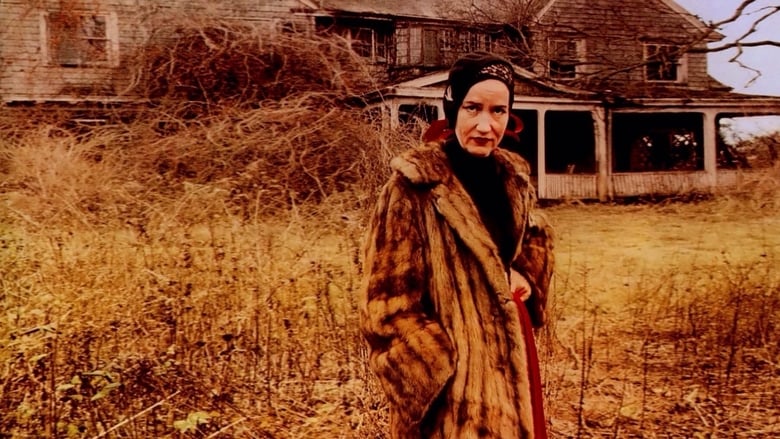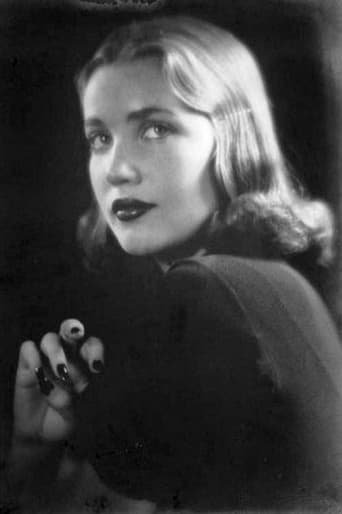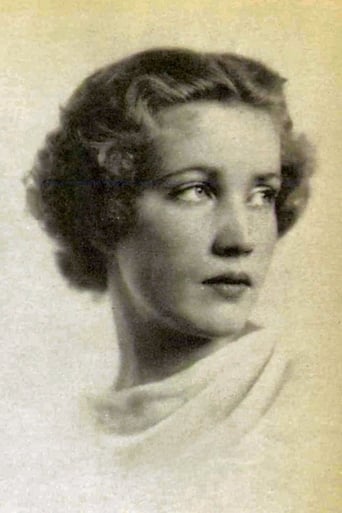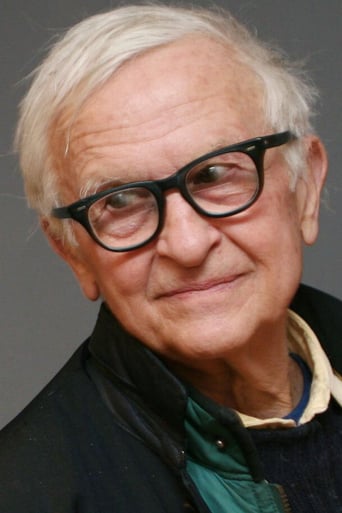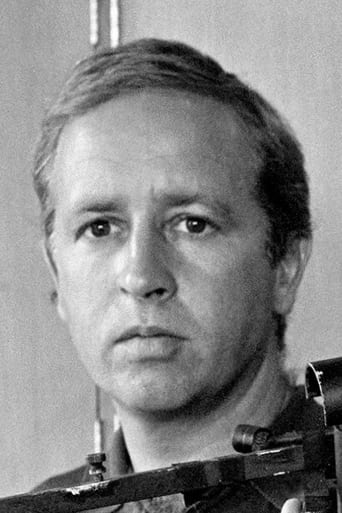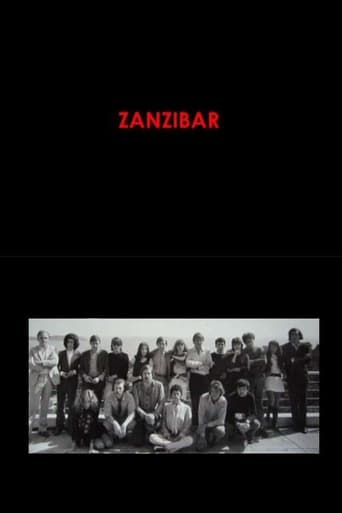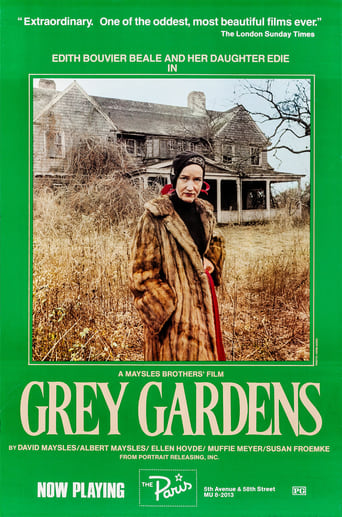
Grey Gardens
February. 19,1976 PGEdie Bouvier Beale and her mother, Edith, two aging, eccentric relatives of Jackie Kennedy Onassis, are the sole inhabitants of a Long Island estate. The women reveal themselves to be misfits with outsized, engaging personalities. Much of the conversation is centered on their pasts, as mother and daughter now rarely leave home.
Similar titles
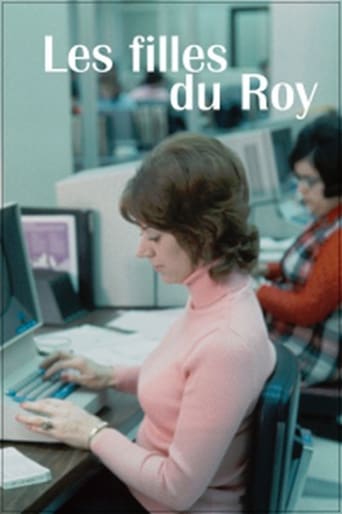
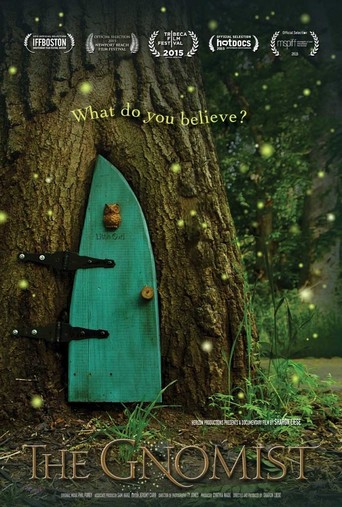

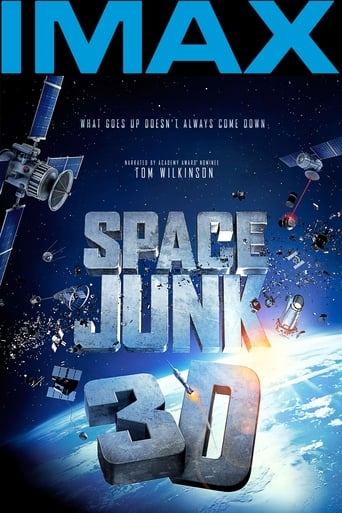
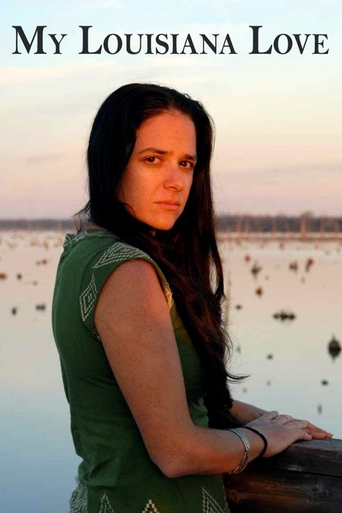
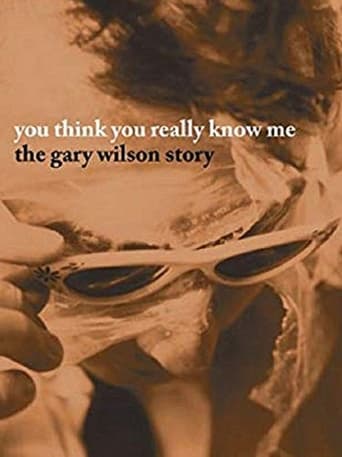
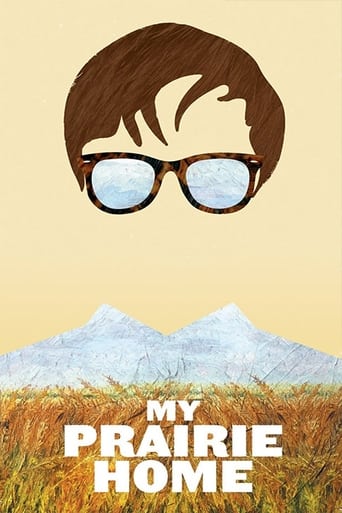
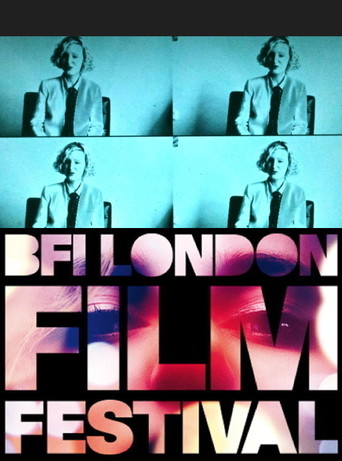
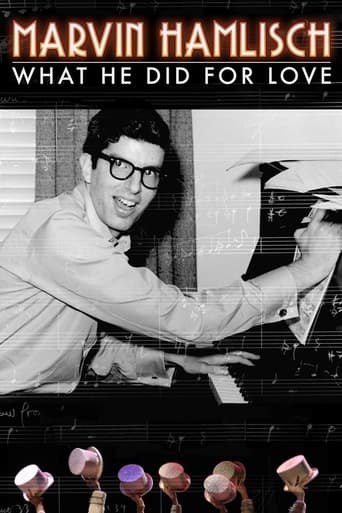
You May Also Like
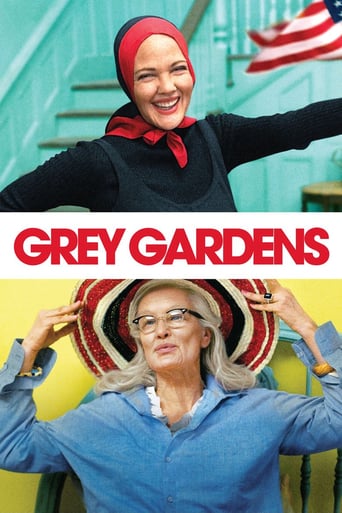
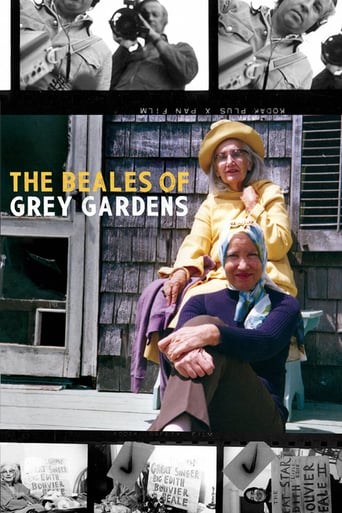
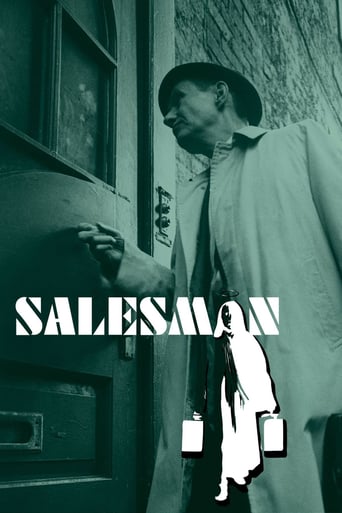
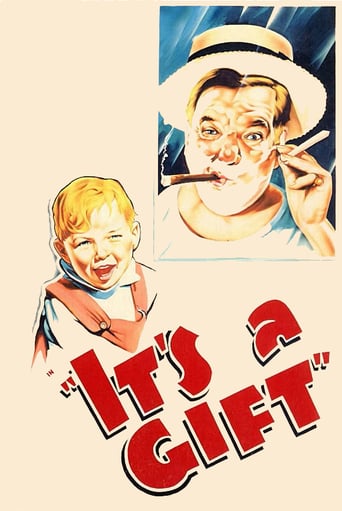
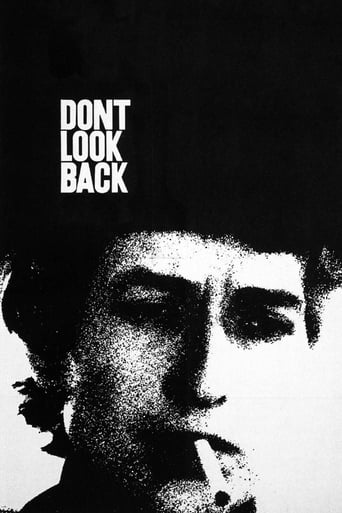
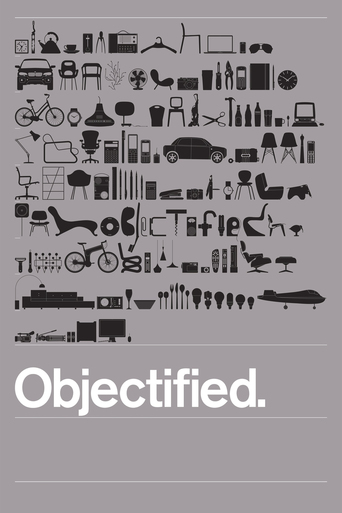
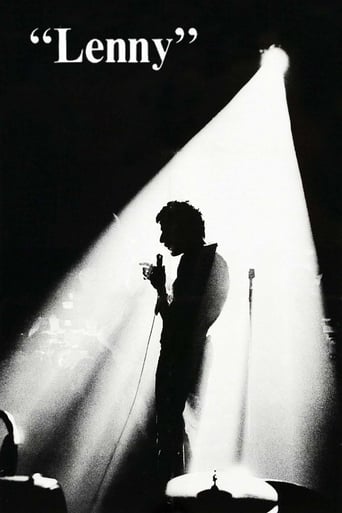
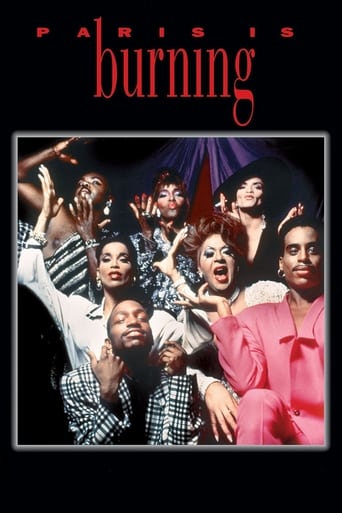
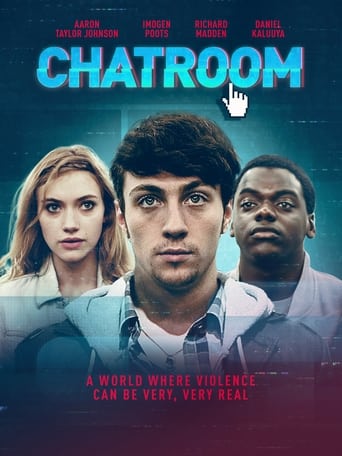
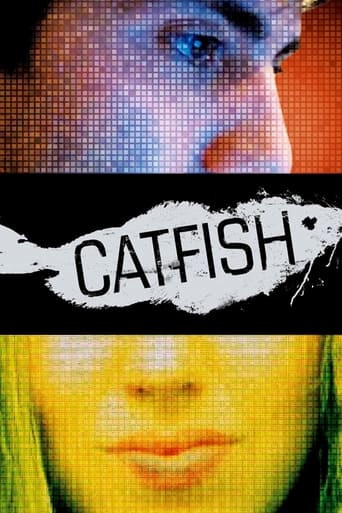
Reviews
Very Cool!!!
I don't have all the words right now but this film is a work of art.
Blistering performances.
Each character in this movie — down to the smallest one — is an individual rather than a type, prone to spontaneous changes of mood and sometimes amusing outbursts of pettiness or ill humor.
The story of Grey Gardens, a huge estate in Southhampton, Long Island was home to eccentrics Big Edith Bouvier Beale and her daughter Little Edith. They live there with their cats and raccoons as well. Their home is in disarray after years of neglect. The documentary about Big Edie and Little Edie is a rare look into humanity. The mother and daughter are quite unique, talented and individualistic in their lives. When the film director agreed to make a movie about them, they couldn't have imagined the outpouring and interest in the Beales. They are related to former First Lady, Jacqueline Kennedy Onassis. They were both debutantes and figures in New York high society. This rare look at their lives offers a glimpse into their world. We may not understand their decisions and choices but we respect them for their candidness and honesty throughout.
The documentary Grey Gardens, directed by the Maysles brothers was a groundbreaking installment of the cinema verite film movement. Edith and Edie Beale were eccentric people, and the Maysles took advantage of that with them being the subjects of Grey Gardens. There is no topic or lesson to be taught to the audience, rather it is like a peek into the daily life of of two co-dependent, sheltered women inside their dirty, dilapidated mansion.The heart of the film is the toxic relationship between a mother and daughter. Edie constantly confides to the camera that she "can't take another winter here in the country" and yet doesn't leave, and hasn't for twenty-five years. Her mother said "You can't have freedom when you are being supported", which resonated as a driving factor for why Edie is trapped in her forlorn life. Edie is stuck in the past, and obsessed with being famous and beautiful. She revels in the camera's attention, as if she finally got her big break that she gave up years ago to care for her mother. Their bickering and backwards conversations flanked by piles of filth and feral animals is sickening, but a depressingly true reality for these women obsessed with what could have been.
The documentary "Grey Gardens" is now retrospectively regarded as the inception of what would later be termed "reality" programming, and as such, does contain some element of exploitation. The mother and daughter team featured here, former socialites cast adrift from their well-heeled pasts decades earlier, can both be described as 'eccentric', but that's the polite term. They co-exist in a once-grand, now crumbling, trash-strewn, urine-stained oceanside mansion where they exhibit very questionable survival skills. Their relative sanity is also constantly in question. The film, in every sense of the term, is the proverbial car wreck you cannot look away from.Perhaps it wouldn't seem this way had it made some effort to give the viewer a more focused glimpse of who they once were and the circumstances which brought them to their squalid, delusional situation. Therefore, the viewer would be better able to put some needed perspective on what they are watching. There apparently exists some history of family members' attempts to remedy their plight, but we're only made aware of them through random shots of newspaper clipping which are never elaborated on.Instead one has to rely on the often incoherent ramblings of two women attempting to tell their own skewed versions of their lives, almost always while stepping on each others' conversations. Overlayed onto this are episodic bursts of anger, regret, sorrow, seemingly constant bickering, and unintended whimsy. The few 'outsiders', briefly seen, don't get to add their perspectives either, even though they likely have an incredible amount they could tell us...and they seem to want to.This is a fascinating story, to be sure, but we don't really develop any feeling of sympathy for these seemingly deranged women because there's no foundation in which to anchor any emotion, making the proceedings more pointless than they ought to be.
In SALESMAN, we saw traveling salesmen going door to door peddling copies of The Big Book of Jewish Fairy Tales (as comedians Bill Maher, Jon Stewart and Lewis Black call the bible); in GREY GARDENS, we see the Rich as they slowly rot away in their crumbling castles. This is rot as seen from the Inside. No, not "rot," per se; rather, DECOMPOSITION: slow dissolution. Slow decay, on full display. "You shouldn't have a contact with The Outside World," "Big Edie" warns her mostly bed-ridden mother before pirouetting around the house like the young child she proclaims herself to be (her obsession with her looks and her weight aren't necessarily strange, but this self-proclaimed "eternal youth" is). GREY GARDENS is often difficult to watch, simply because there's not a lot going on- and, if not for the family name, it's unlikely anyone would've EVER heard of these two recluses. I wasn't particularly moved by it, but I'm sure the late Shirley Jackson would've understood.
Top Streaming Movies











